

Independents could flex their muscle
I was talking with a friend just before Charlotte's primary earlier this month. I mentioned that, as an unaffiliated voter, I needed to decide whether to vote in the Republican or Democratic primary.
He pressed his lips together, his cheeks turned red and fire suddenly sparked in his eyes.
"That's wrong!" he snapped. "If you're not loyal to the party, you shouldn't be allowed to vote in the primary. It's wrong!"
I was surprised by his passion, but probably shouldn't have been. President Obama, Congress, Gov. Bev Perdue, their critics, a faltering economy and two questionable wars are making Democrats more committed Democrats and Republicans more committed Republicans. And yet, the fastest growing sector of voters are the independents, not dedicated to either major party.
Their growth in Charlotte, in North Carolina and nationwide is reshaping the political playing field, and they could have the final say in Charlotte's mayoral race five weeks from now.
At the end of 1995, when Pat McCrory was first elected mayor, there were 43,000 independent voters, just 13 percent of the Mecklenburg County electorate. They've more than tripled their numbers since then. There are only 7,000 more Republicans than unaffiliated voters in Charlotte. Each make up about a quarter of the city's electorate (Democrats account for about half).
My friend had little tolerance of voters like me, who aren't willing to commit to one party, helping select his party's nominees. Our publisher, Ann Caulkins, who is also unaffiliated, had a similar conversation not long ago. An acquaintance scolded her for being a registered independent. You're ducking the issues, and not willing to take a stand, he told her. Just the opposite is true, she told him. It's much harder, she pointed out, to judge each candidate on his or her merits than to be in lockstep with one party or the other.
Who will come out to the Polls?
This is all more than just fodder for a political science class. It could dictate the outcome of the Nov. 3 election between Republican John Lassiter and Democrat Anthony Foxx to be Charlotte's next Mayor.
The key to that race will be who better rouses their supporters to actually get to the polls. Lassiter has more money, and so will likely run a stronger "air" campaign - advertising on TV, radio, newspaper, direct mail and other ways. Foxx will do some of that too, but will have to work a harder "ground" campaign, knocking on doors, making phone calls, talking to grassroots organizations and having an army of volunteers working to make sure his supporters come out.
For the sake of argument, though, let's say they do an equally good job, and Ds, Rs and unaffiliateds turn out in equal proportions. Let's say Foxx wins 75 percent of the Democratic vote and Lassiter gets 90 percent of the Republican vote. If that happened, Foxx would have a tiny lead among the Democrats and Republicans, and it would be up to the independent voters. Lassiter would need to win about 60 percent of the independent vote to win the election.
That scenario includes a few assumptions, but it's evident that unaffiliated voters could carry a lot of weight in a race as close as this one appears to be.
It will be interesting to watch how the candidates navigate a campaign that requires them to energize their core supporters while also appealing to undecided voters in the middle.
View Larger Map
Sources: Charlotte Observer, Google Maps


















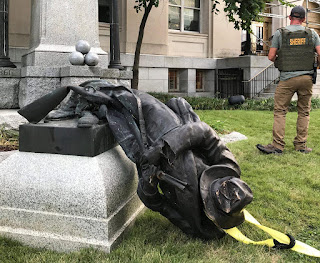
























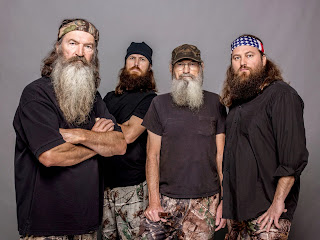






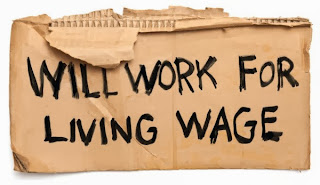





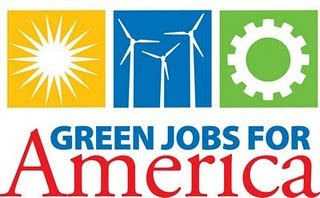






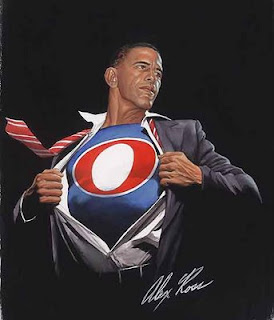



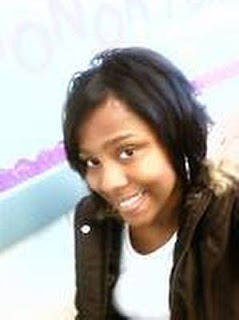
.jpg)








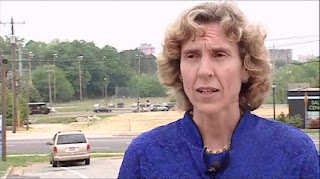














No comments:
Post a Comment